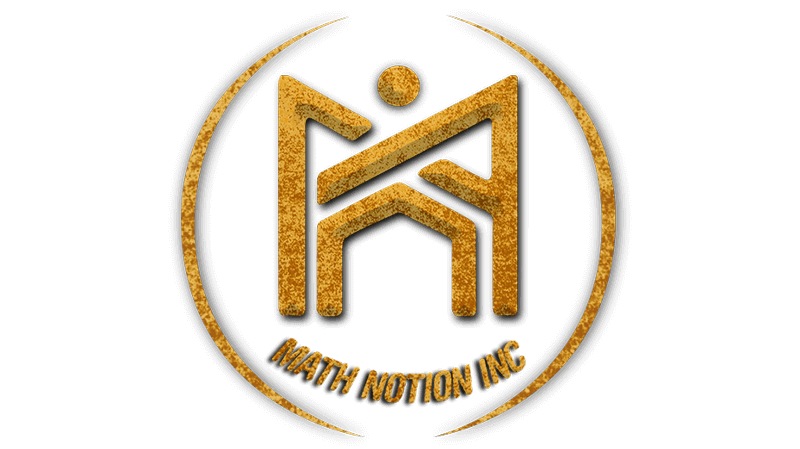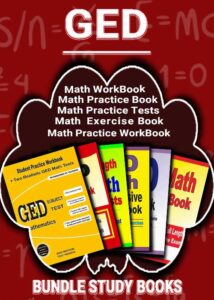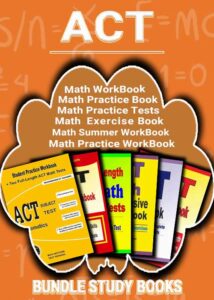
Study Time: 2minutes
Studying Math and Analytical Skills: How Mathematics Shapes Critical Thinking
Studying mathematics does more than just teach us numbers and equations—it’s one of the most effective ways to develop and strengthen analytical skills, essential abilities in every field of study and career. Analytical skills enable us to approach complex problems with structured reasoning, recognize patterns, make informed decisions, and think critically. As students progress through various levels of math, they develop these skills naturally, allowing them to become more adept at tackling real-world challenges. This article explores how studying math builds analytical skills and why these skills are crucial.
What Are Analytical Skills?
Analytical skills refer to the ability to evaluate information, identify patterns, solve problems, and make decisions based on evidence and logic. These skills are particularly valuable because they help individuals understand complex systems and make better choices. Analytical thinking is useful in everything from understanding trends in business and interpreting scientific data to navigating day-to-day life. Math fosters these skills by teaching us how to approach problems in a systematic way, focusing on accuracy, precision, and logical deduction.
How Studying Math Builds Analytical Skills
Mathematics encourages a unique way of thinking that develops key aspects of analytical skills, such as problem-solving, critical thinking, pattern recognition, and logical reasoning.
Problem-Solving and Logical Reasoning
In math, students are consistently faced with problems that need solutions. Whether solving a simple algebraic equation or tackling a multi-step calculus problem, math teaches students to break down complex problems into manageable parts. This ability to deconstruct problems and reason through them logically is the foundation of strong analytical skills.
For instance, solving an equation requires students to identify unknown variables, isolate them, and use logical steps to arrive at a solution. Each step builds upon the previous one, requiring careful attention and structured thinking. This logical progression helps students become comfortable with taking a systematic approach to problem-solving, a skill that is easily transferable to other areas of life.
Pattern Recognition
Math heavily relies on identifying and understanding patterns, whether in sequences, shapes, or data sets. Recognizing patterns is essential in fields like data science, computer programming, and even medical diagnostics, where identifying trends or anomalies can be life-changing. Mathematics encourages students to recognize patterns, such as in arithmetic and geometric sequences, to predict outcomes or establish rules.
For example, students learn that in a geometric sequence, each term is a product of the previous term and a constant ratio. By recognizing this pattern, students can find terms, predict values, and solve related problems. This skill extends beyond math and is critical in any field requiring predictive analysis.
Critical Thinking
Critical thinking is the ability to question assumptions, analyze information, and reach conclusions based on evidence and reasoning. In math, critical thinking is cultivated through problem-solving exercises that require students to explore different methods and understand why a particular approach works. For instance, when solving word problems, students must interpret the information, discard irrelevant details, and apply the appropriate mathematical formulas. This analysis helps students think critically and make sense of complex data—a skill essential for success in nearly any field.
Attention to Detail and Precision
Math teaches students to pay close attention to details because even minor errors can lead to incorrect results. When balancing equations or calculating exact measurements, a small mistake can completely change the outcome. This focus on precision is especially valuable in professions like engineering, where accuracy is crucial.
In addition, math reinforces accuracy through repeated practice and evaluation. By working on math problems consistently, students learn the importance of double-checking their work and paying attention to each step in the process.
Real-World Applications of Analytical Skills from Math
The analytical skills gained from studying math have practical applications in nearly every field, from business and technology to science and healthcare.
- Business and Finance: Analytical skills are essential in business for analyzing market trends, assessing financial risks, and making data-driven decisions. Skills like pattern recognition, logical reasoning, and critical thinking are valuable for interpreting data, forecasting sales, and optimizing budgets.
- Technology and Engineering: In technology, math-based analytical skills play a crucial role in coding, data science, and algorithm design. Engineers rely on mathematical precision and logical problem-solving to create safe and effective solutions, whether in software development, architecture, or product design.
- Science and Medicine: Scientists and healthcare professionals use math-based analytical skills to interpret research data, make diagnoses, and understand natural patterns. For instance, epidemiologists use mathematical models to track disease spread, while medical professionals analyze test results to identify patterns and make accurate diagnoses.
- Everyday Decision-Making: Analytical skills gained from math can be applied to personal decision-making. Whether budgeting household expenses, planning travel routes, or comparing prices, math teaches us to think logically and assess information effectively.
Tips for Strengthening Analytical Skills Through Math
- Practice Regularly: Working on math problems daily or weekly strengthens analytical skills. Practice helps reinforce concepts, build speed, and improve accuracy.
- Challenge Yourself with Puzzles: Puzzles like Sudoku, logic problems, and crosswords build critical thinking and pattern recognition skills, which are core to analytical thinking.
- Explore Real-World Math Problems: Applying math concepts to real-world situations, such as budgeting or calculating distances, helps solidify analytical thinking.
- Study with a Growth Mindset: Math can be challenging, but viewing mistakes as learning opportunities helps build resilience. Students who adopt a growth mindset can improve their analytical skills over time.
Conclusion
Studying math goes beyond numbers; it fosters essential analytical skills that are valuable across all aspects of life. By developing problem-solving abilities, logical reasoning, pattern recognition, critical thinking, and attention to detail, math equips individuals with the tools to approach challenges confidently and make informed decisions. These skills are foundational in academic success, professional growth, and personal decision-making. As students engage with math, they build a lifelong skill set that empowers them to think analytically, a valuable asset in today’s complex world.



